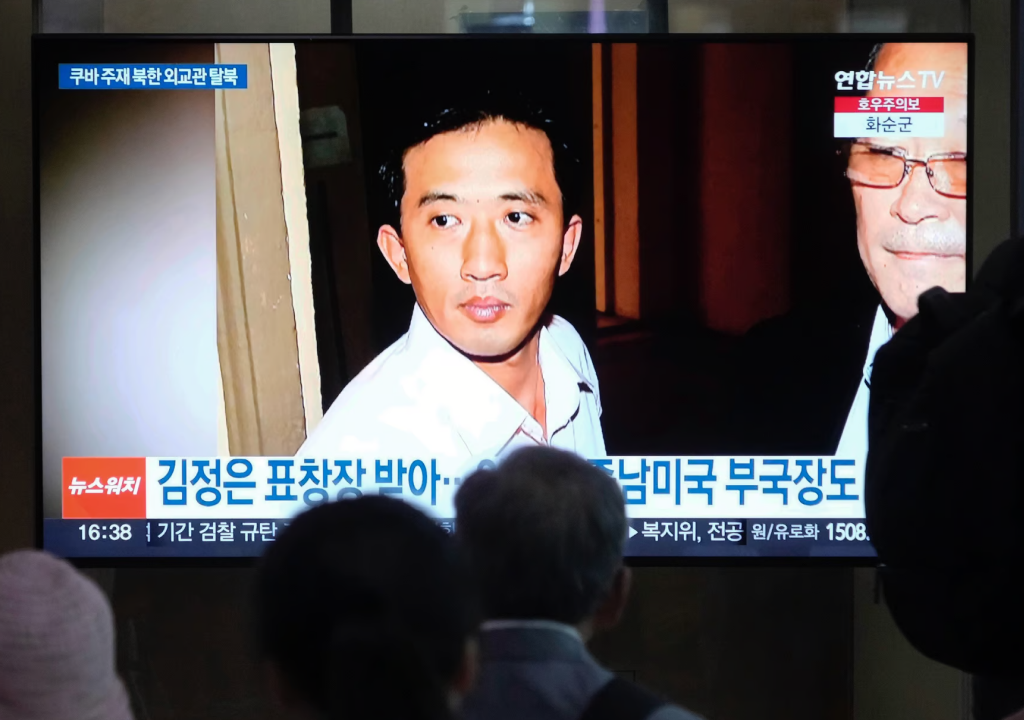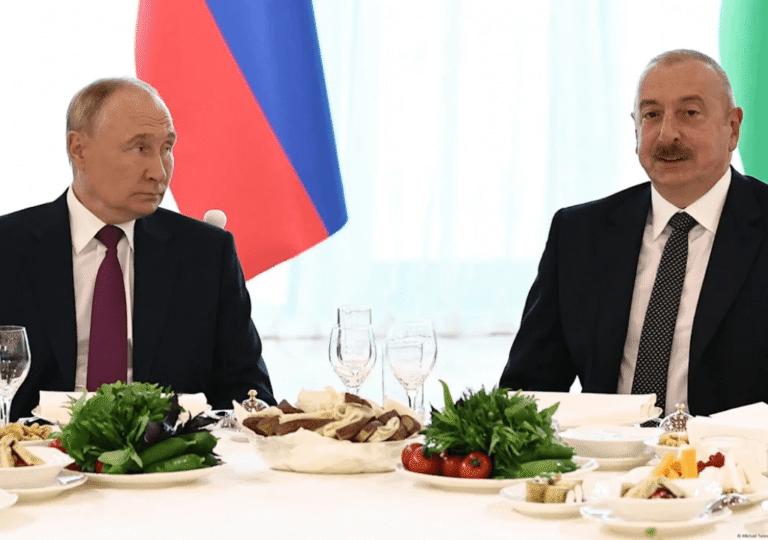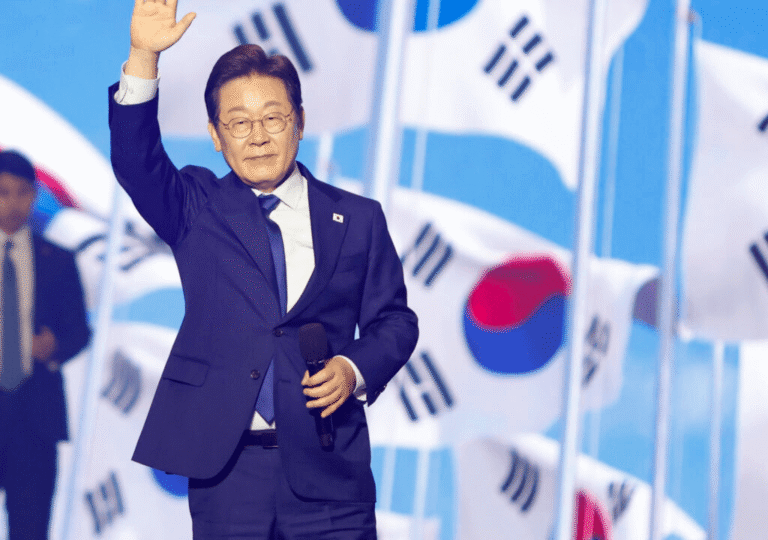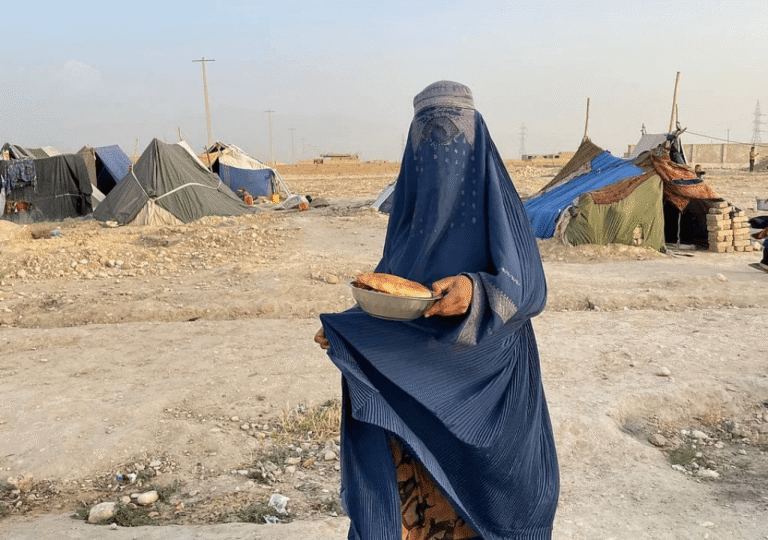North Korea has been reported as a tough place for its officials to live, with many reports and rumors about missing officials who may be imprisoned or executed. If it is difficult for officials, it is even harder for common people. It is common for people from North Korea to escape the regime and flee to South Korea, even though transportation and information exchange between the two Koreas seem almost impossible. North Korea has tried everything to fortify its borders, with tight control over anything going in or out. The country’s athletes and diplomats are under strict surveillance when traveling abroad. But interestingly, Reports of officials refusing to return and attempting to escape have been reported many times. Diplomats stationed in various countries often disconnect from the regime’s radar and flee to South Korea, this was a common occurrence until almost six years ago. However, tighter scrutiny in the selection of diplomats and the closing of loopholes have restricted such defections. But at a time when South and North Korea’s relationship has worsened due to the notorious “Balloon War”, news has emerged of a senior North Korean diplomat escaping to South Korea. A tool can be used by the South to humiliate North Korea.
According to reports, a senior North Korean diplomat based in Cuba defected to South Korea in November, becoming the highest-ranking North Korean diplomat to escape to the South since 2016. The diplomat, Ri Il-kyu, who was on a critical foreign mission for Pyongyang, joined North Korea’s foreign ministry in 1999 and received a commendation from North Korean leader Kim Jong-un for successfully negotiating the release of a North Korean ship detained in Panama for carrying arms from Cuba in 2013. Without providing further details, South Korea’s National Intelligence Service confirmed an earlier report by the Chosun Ilbo newspaper. One of Ri Il-kyu’s roles at the embassy was to prevent North Korea’s rival South Korea and old ally Cuba from establishing diplomatic ties, the newspaper reported. In February, the two countries did establish diplomatic relations, which was a significant blow to North Korea.
Details on North Korean defections often take months to come to light, as defectors need to be cleared by authorities and undergo a course of education about South Korean society and systems. He shared with the newspaper that his decision to defect stemmed from disillusionment with the regime and unfair evaluations of his work. He noted that every North Korean contemplates living in South Korea at least once, driven by disillusionment with the regime and a bleak outlook. He also expressed that North Koreans desire reunification more than South Koreans, believing it to be the only path for their children to have a better future. He mentioned that he flew out of Cuba with his family but did not elaborate further on how he managed the high-risk escape.
The difference between South Korea and North Korea is widening. South Korea boasts a large economy, ranked 14th worldwide, with a GDP per capita around $35,000, one of the highest in Asia. Its job market offers many opportunities, and its soft power, through K-pop and K-dramas, is expanding globally. In contrast, North Korea has a nominal GDP per capita of only $900, forty times lower than South Korea, making it one of the poorest countries on the continent. Living conditions, freedom of expression, and other aspects of life are tightly restricted under its communist regime. These factors contribute to North Koreans fleeing to the South. In 2023, 196 North Korean defectors came to Seoul, according to South Korean government data. Most recent defectors, like diplomat Ri, had long lived overseas, human rights activists say.
South Korean President Yoon Suk Yeol said they are committed to providing increased financial support for North Korean defectors and offering tax incentives to companies that employ them at the inaugural North Korean Defectors’ Day ceremony. This commitment is expected to unsettle North Korea, prompting tighter control over its diplomats. However, it is evident that North Korea cannot conceal these changes indefinitely.








